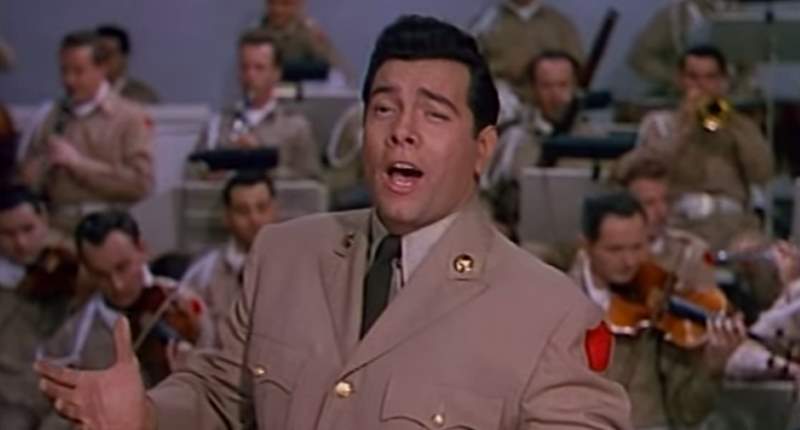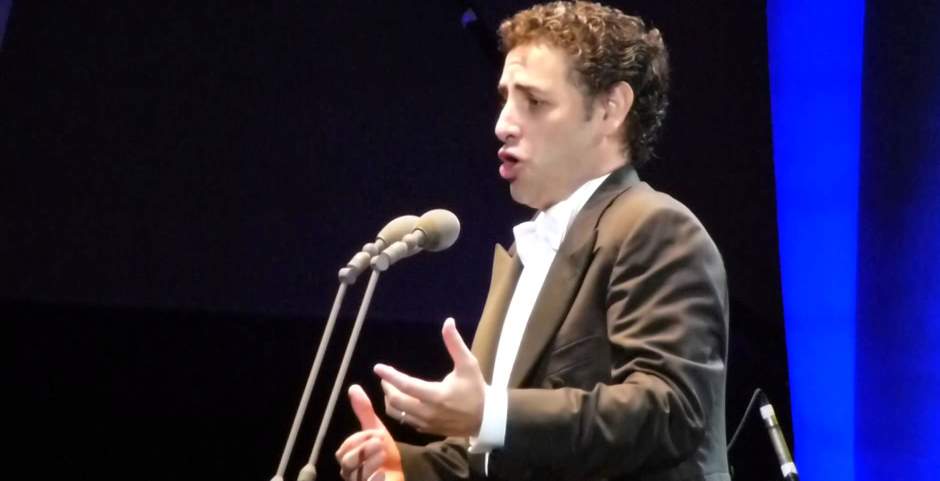The legendary Italian tenor, Luciano Pavarotti sings Agustín Lara’s Granada, a song about the Spanish city of Granada written in 1932 by the Mexican composer. New York City Opera Orchestra conducted by Leone Magiera, the Italian pianist, and conductor. He was Luciano Pavarotti’s childhood friend and was his piano accompanist and the preferred conductor.
Agustín Lara’s Granada
“Granada,” a song written by Mexican composer Agustín Lara, is a famous piece that has transcended its origins to become a standard in the international music repertoire. Composed in 1932, it pays homage to the Spanish city of Granada, although it’s interesting to note that Lara had never visited the city when he wrote the song. The song is a prime example of Lara’s ability to capture the essence and allure of a place through his music, even without having experienced it firsthand.
The song is characterized by its dramatic, passionate melody and its lyrical portrayal of Granada, which is infused with romantic and somewhat exotic imagery. This reflects the broader trend in early 20th-century music and art, where composers and artists often drew inspiration from foreign cultures and locations.
“Granada” has been covered by numerous artists over the years, in various languages and styles, which is a testament to its universal appeal and the versatility of its composition. It’s often performed in a classical crossover style, where classical vocal techniques are applied to popular songs, or vice versa. This approach has helped the song maintain its popularity across different musical genres and audiences.
Famous interpretations include those by Mario Lanza, Plácido Domingo, José Carreras, and Frank Sinatra, each bringing their unique style to the song. These versions range from operatic renditions to more contemporary arrangements, showing the song’s adaptability.
The enduring popularity of “Granada” lies not only in its beautiful melody and evocative lyrics but also in its representation of a romanticized Spain, a theme that has long fascinated audiences worldwide. The song encapsulates a blend of nostalgia, exoticism, and passion, making it a timeless piece in the world of music.
In terms of scientific consensus, the appreciation and interpretation of music like “Granada” fall under the realm of musicology and cultural studies. These fields acknowledge the importance of context, both cultural and historical, in understanding a piece of music’s significance and impact.

Related: Mario Lanza sings Granada
Agustín Lara’s Granada Lyrics
Spanish
Granada tierra soñada por mí
Mi cantar se vuelve gitano
Cuando es para ti.
Mi cantar hecho de fantasía
Mi cantar flor de melancolía
Que yo te vengo a dar.
Granada tierra ensangrentada
En tardes de toros,
Mujer que conserva el embrujo
De los ojos moros.
Te sueño rebelde y gitana
Cubierta de flores
Y beso tu boca de grana
Jugosa manzana
Que me habla de amores.
Granada manola cantada
En coplas preciosas,
No tengo otra cosa que darte
Que un ramo de rosas.
De rosas de suave fragancia
Que le dieron marco a la virgen morena.
Granada tu tierra esta llena
De lindas mujeres
De sangre y de sol.

Related: Juan Diego Flórez sings Granada
English translation
Granada, the land of dreams for me
My song becomes gypsy-like
When it is for you.
My song made of fantasy
My song a melancholy flower
That I come to give to you.
Granada, blood-stained soil
In bull fight afternoons
Woman who preserves the enchantment
Of Moorish eyes.
I dream of you rebellious, a gypsy
Covered with flowers
And I kiss your scarlet mouth
Juicy apple
That speaks to me of love affairs
Granada my beautiful sung
In precious verses
I have nothing else to give you
But a bouquet of roses
Of roses of sweet fragrance
That framed the dark virgin.
Granada your land is full
Of lovely women
Of blood and sun

Related: Mario Lanza sings Granada
Source
- Granada (Agustín Lara song) on Wikipedia